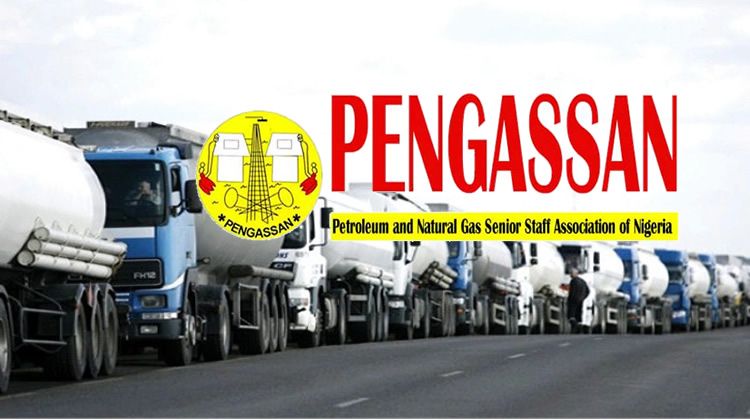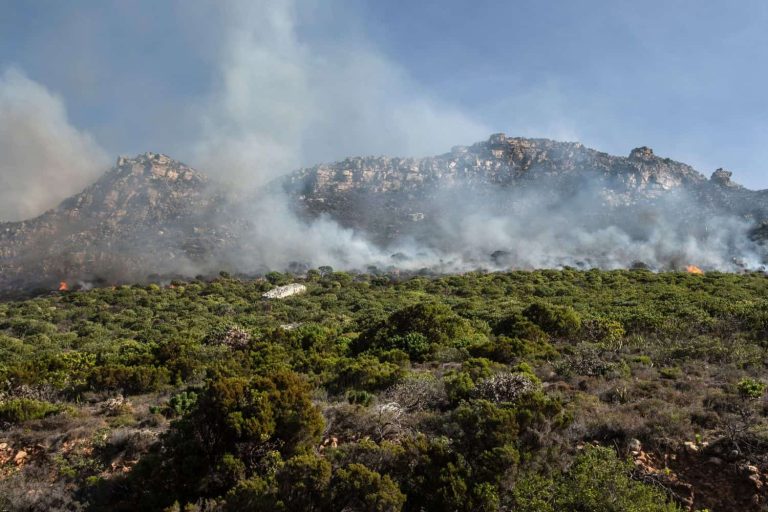
The Federal Government has stepped in to halt a looming nationwide strike by the Petroleum and Natural Gas Senior Staff Association of Nigeria (PENGASSAN), following a heated dispute with the Dangote Refinery over the mass dismissal of Nigerian workers.
The Minister of Labour and Employment, Muhammad Dingyadi, issued an urgent appeal on Sunday, urging the oil workers’ union to suspend its planned industrial action, which is set to begin Monday, September 30. He disclosed that his ministry has already initiated a conciliation process to de-escalate the situation and bring both parties to the negotiation table.
In a statement released by the Ministry’s Head of Information and Public Relations, Patience Onuobia, the Minister confirmed that invitations had been extended to both PENGASSAN leadership and Dangote Refinery management to attend an emergency meeting at his office in Abuja.
“I appeal to the leadership of PENGASSAN to reconsider their strike declaration. The Ministry is actively working to resolve the dispute peacefully and expects full cooperation from both sides,” Dingyadi said.
He warned that any disruption in the country’s petroleum sector would have far-reaching consequences, including significant revenue losses, heightened public hardship, and threats to national economic stability and security.
Union Alleges Mass Sackings and Labour Rights Violations
PENGASSAN had earlier announced the strike action in a circular following an emergency National Executive Council (NEC) meeting on Saturday. The union accused Dangote Refinery of unlawfully terminating the employment of several Nigerian workers for joining the association, a move it described as a gross violation of labour laws, the Nigerian Constitution, and International Labour Organization (ILO) conventions.
The union further alleged that the refinery had replaced the dismissed staff with more than 2,000 foreign workers, mostly Indians, calling it an “insult to the Nigerian workforce.”
“This is an affront to all workers in Nigeria. No employer should feel empowered to trample on the rights of Nigerian citizens in their own country,” the circular stated.
PENGASSAN directed its members across all field locations to begin withdrawing services from Sunday, with a total nationwide shutdown of oil and gas operations, including offices, companies, and agencies slated to commence fully on Monday.
Dangote Refinery Responds: ‘We’re Preventing Sabotage’
Reacting to the accusations, the Dangote Refinery management denied any wrongdoing, stating that the recent staff disengagements were part of an internal reorganisation aimed at addressing operational and safety concerns.
In a statement released Friday, the company said the move was necessary to prevent recurring acts of sabotage within the refinery, which it claimed had endangered lives and disrupted operations.
“This exercise is not arbitrary. It was carried out in the best interest of the refinery’s safety and operational efficiency,” the statement read.
The company maintained that all decisions taken were within the law and driven by the need to secure critical infrastructure from internal threats.
This latest clash between PENGASSAN and the Dangote Refinery highlights rising tensions over labour practices in Nigeria’s oil and gas industry, especially within private-sector operators.
As the Federal Government scrambles to mediate, all eyes are now on Monday’s meeting to see whether both sides will back down or if the country is heading for a full-scale industrial crisis that could paralyze the petroleum sector.
PENGASSAN Strike Grounds NNPC, Oil Regulators as Tensions Escalate Over Dangote Sackings
Nationwide shutdown disrupts crude and gas supply; fears of fuel scarcity mount as union demands reinstatement of 800 sacked workers
Nigeria’s oil and gas sector was thrown into turmoil on Monday as a nationwide strike led by the Petroleum and Natural Gas Senior Staff Association of Nigeria (PENGASSAN) crippled operations at key regulatory agencies, including the Nigerian National Petroleum Company Limited (NNPCL), the Nigerian Upstream Petroleum Regulatory Commission (NUPRC), and the Nigerian Midstream and Downstream Petroleum Regulatory Authority (NMDPRA).
The industrial action followed a directive issued over the weekend by the union’s National Executive Council, ordering a total withdrawal of services across all offices, companies, institutions, and agencies under its jurisdiction.
At the NUPRC headquarters in Abuja, gates remained locked, with security personnel confirming that no employees were allowed entry. Dozens of stranded workers gathered outside, unable to access their offices. A similar situation unfolded at the NMDPRA’s head office in Abuja’s Central Business District, where operations were completely grounded.
“We have achieved 100 per cent compliance here,” said Tony Iziogba, PENGASSAN Chairman at NMDPRA, in an interview with journalists. “Access has been fully restricted for both staff and visitors.”
According to Iziogba, the union enforced the same level of compliance at NNPCL and other strategic institutions.
Why the Union is Striking
PENGASSAN declared the strike in protest against what it described as the unlawful dismissal of approximately 800 Nigerian workers by Dangote Petroleum Refinery. The union alleges that the workers were fired for joining PENGASSAN, in violation of Nigerian labour laws and international conventions.
In a resolution signed by its General Secretary, Lumumba Okugbawa, the union further accused Dangote Refinery of replacing the dismissed staff with foreign nationals, a move it said amounted to a “blatant disregard” for workers’ rights.
“All processes involving gas and crude supply to Dangote Refinery should be halted immediately,” the union’s directive read.
“All IOCs [International Oil Companies] must begin an immediate ramp-down of gas production and halt all supply to Dangote Refinery and its petrochemical plants.”
The impact of the strike was immediate and widespread, especially at critical institutions that manage Nigeria’s petroleum operations.
- NNPCL, the country’s state-owned oil giant, is currently the sole importer of refined petroleum products.
- NUPRC oversees crude oil production and gas supply to power plants.
- NMDPRA regulates midstream and downstream operations, including fuel distribution.
With workers at all three agencies downing tools, analysts warn of an impending crisis that could affect fuel supply, power generation, and national revenue.
Oil marketers have already expressed alarm, saying the strike could disrupt distribution and trigger fuel shortages and price hikes.
Government Scrambles to Intervene
In response to the escalating crisis, the Federal Government convened an emergency meeting on Monday, led by the Minister of Labour and Employment, Muhammad Dingyadi. The meeting aims to mediate between PENGASSAN and the Dangote Refinery to de-escalate tensions and avert further damage to the economy.
Dingyadi had earlier appealed to the union to suspend its planned action, warning that a prolonged shutdown in the petroleum sector would result in massive revenue losses, widespread hardship, and serious threats to national stability.
The outcome of the government’s intervention could determine whether the strike is resolved quickly or if the country plunges deeper into crisis. With the Dangote Refinery at the centre of the dispute, and labour unions drawing a line in the sand over worker rights, the standoff has now become a high-stakes test of labour relations in Nigeria’s private oil sector.
All attention is now focused on the Abuja meeting, where compromise or a lack of it could shape the days ahead.



